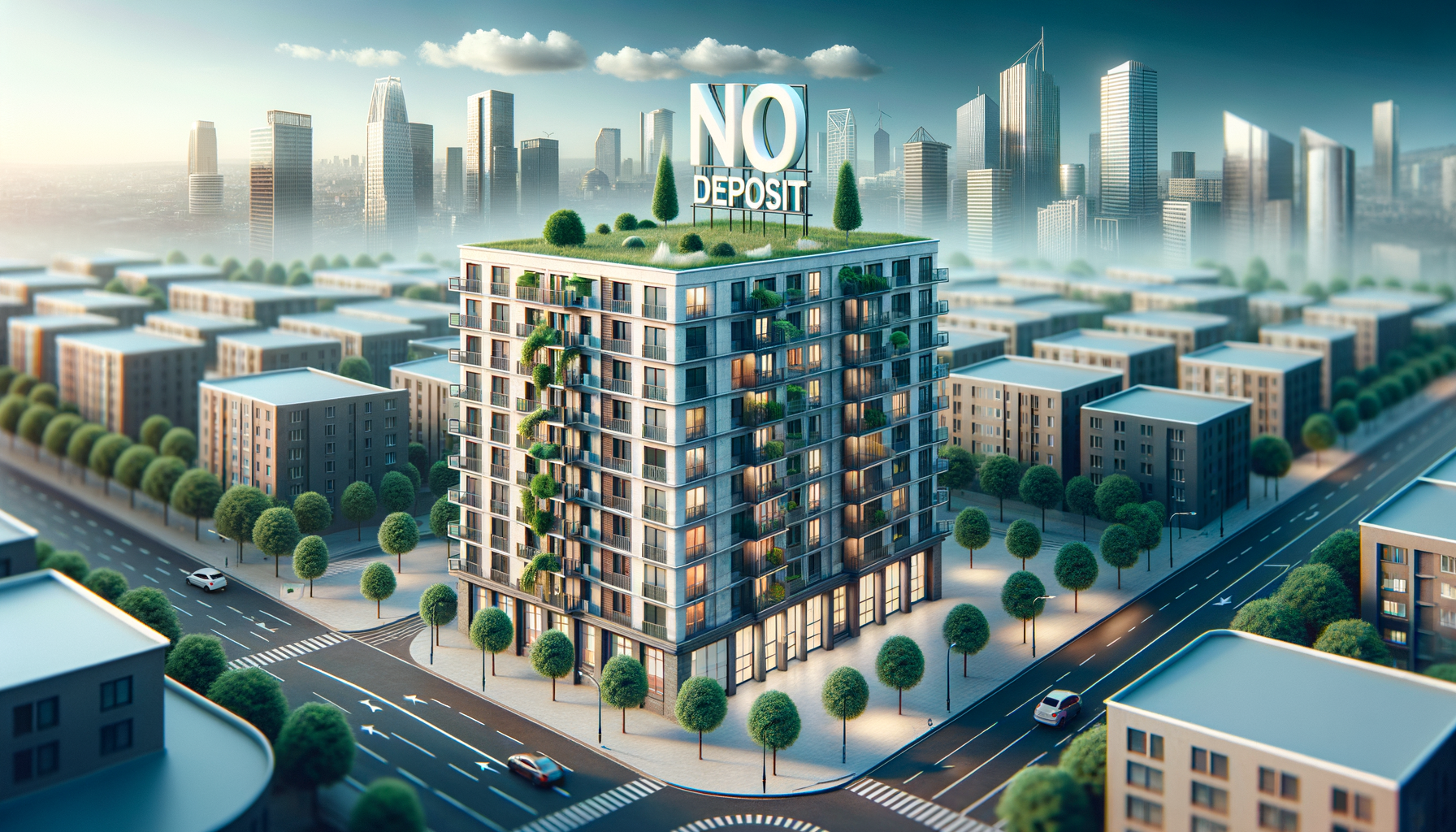
No Deposit Apartments for Rent 🏡💲 – Learn More about this Option
Understanding No Deposit Apartments
No deposit apartments are rental units available without the need for an upfront security deposit. This option can be appealing for individuals who may not have the savings required for a traditional deposit. Typically, landlords require a security deposit as a financial safety net to cover potential damages or unpaid rent. However, no deposit apartments eliminate this initial financial barrier, making it easier for renters to move in without the burden of extra costs.
While this option is financially attractive, it’s essential to understand the trade-offs. Often, landlords may introduce alternative arrangements such as higher monthly rents or non-refundable fees to mitigate their risks. Additionally, renters should be aware of the terms and conditions associated with these agreements, as they may vary significantly from traditional leases.
Benefits of Choosing No Deposit Apartments
The primary advantage of no deposit apartments is the immediate financial relief they offer. For many renters, especially those relocating or starting a new job, the ability to move without a hefty deposit can be a game-changer. This flexibility can provide:
- Increased cash flow: Renters can use their savings for other moving-related expenses or personal needs.
- Accessibility: Those with limited funds can access housing without waiting to accumulate a deposit.
- Reduced financial stress: Eliminating the need for a deposit can alleviate financial pressure during the moving process.
Moreover, no deposit apartments often cater to a broader audience, including students, young professionals, and those experiencing financial hardship, making housing more inclusive and accessible.
Potential Drawbacks and Considerations
While no deposit apartments offer many benefits, potential renters should be aware of the possible downsides. One common issue is the possibility of higher rental rates. Landlords may increase the monthly rent to offset the absence of a security deposit. Additionally, some no deposit agreements may include non-refundable fees, which could be costly in the long run.
Another consideration is the potential for stricter lease terms. Landlords may implement more stringent conditions to protect their investment, such as requiring renters insurance or imposing stricter maintenance responsibilities on tenants. Renters should carefully review lease agreements and ensure they understand all obligations before committing.
How to Find No Deposit Apartments
Finding no deposit apartments can be challenging, but with the right approach, it’s achievable. Prospective renters should start by researching online listings and platforms that specialize in no deposit options. Networking with friends, family, and local real estate agents can also yield valuable leads.
Additionally, renters should consider broadening their search criteria. Sometimes, expanding the search to include nearby areas or less popular neighborhoods can uncover hidden gems. It’s also beneficial to be prepared to negotiate with landlords, as some may be willing to offer no deposit terms in exchange for other concessions.
Conclusion: Is a No Deposit Apartment Right for You?
Deciding whether a no deposit apartment is the right choice depends on individual circumstances. For those who prioritize immediate financial savings and flexibility, this option can be highly advantageous. However, it’s crucial to weigh the potential for higher costs and stricter lease conditions. By conducting thorough research and understanding the terms of the agreement, renters can make informed decisions that align with their financial goals and lifestyle needs.


